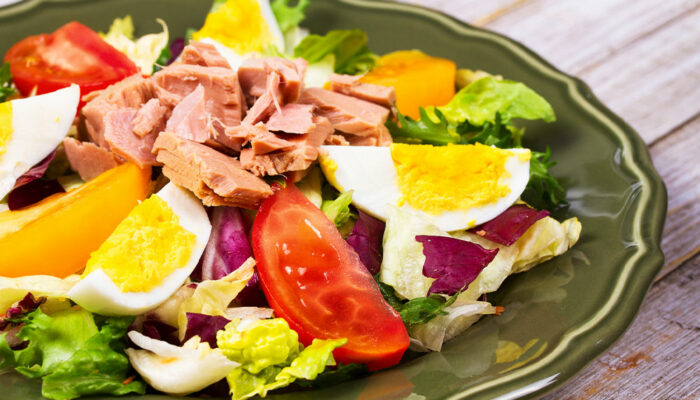
Tips to Follow to Ease Breathing Problems
If someone has respiratory issues, such as COPD or asthma, it can make them tired, especially when eating. Understanding the relationship between breathing difficulties and food will ensure that they eat the proper foods that don’t aggravate the persistent condition. Moreover, learning about them will help improve overall health. Listed below are a few tips that one can follow when eating foods to avoid breathing issues and overcome the condition.
1. Tips to follow before eating
An hour before an individual sit down for a meal, they must try to clear their lungs. They can do this by using their inhaler or through deep controlled coughs.
Also, individuals must try to rest before their meal; lying down helps to drain the lungs of mucus.
2. Tips to follow while eating
Always eat sitting up; this ensures that there is enough space for the lungs and diaphragm to expand.
If a doctor has suggested a nasal cannula, then wearing it while eating will provide the oxygen one needs during digestion.
Set meal at times when one has the most energy. So, if an individual gets tired later in the evening, move dinnertime up. Similarly, if they get tired during the day, consider eating a healthy, heavy breakfast.
Ensure that one doesn’t overeat, as filling the stomach will restrict the amount of space the lungs have to expand. One of the best ways to ensure that is by eating smaller meals throughout the day. So, instead of three large meals, one can have six smaller ones.
Avoid foods that would cause gas or bloating. These are known as trigger foods as they can cause a flare-up of symptoms in those with breathing problems. These foods are cruciferous vegetables, such as cauliflower, cabbage, beans and lentils, spicy food, and root vegetables, such as radish.
Restrict the consumption of beverages. These fill the stomach and prevent individuals from consuming the nutritious food they need to eat. Avoiding carbonated beverages as these can cause bloating, and instead, opt for plain water.
Chew food slowly, ensuring that one breathes. Take smaller bites and slow down if one starts to feel out of breath.
3. Tips to follow after eating
It is advised not to lie down immediately after eating, as this can cause heartburn. Try to eat at least an hour before rest or before going to bed.
Being aware of the connection between breathing difficulties and food will help individuals take preventative measures to avoid flare-ups of symptoms and to cope with and manage their condition effectively. However, it is always wise to visit doctors or nutritionists, as they may know what’s best for one’s condition based on family history, recent medical reports, and lifestyle factors.



